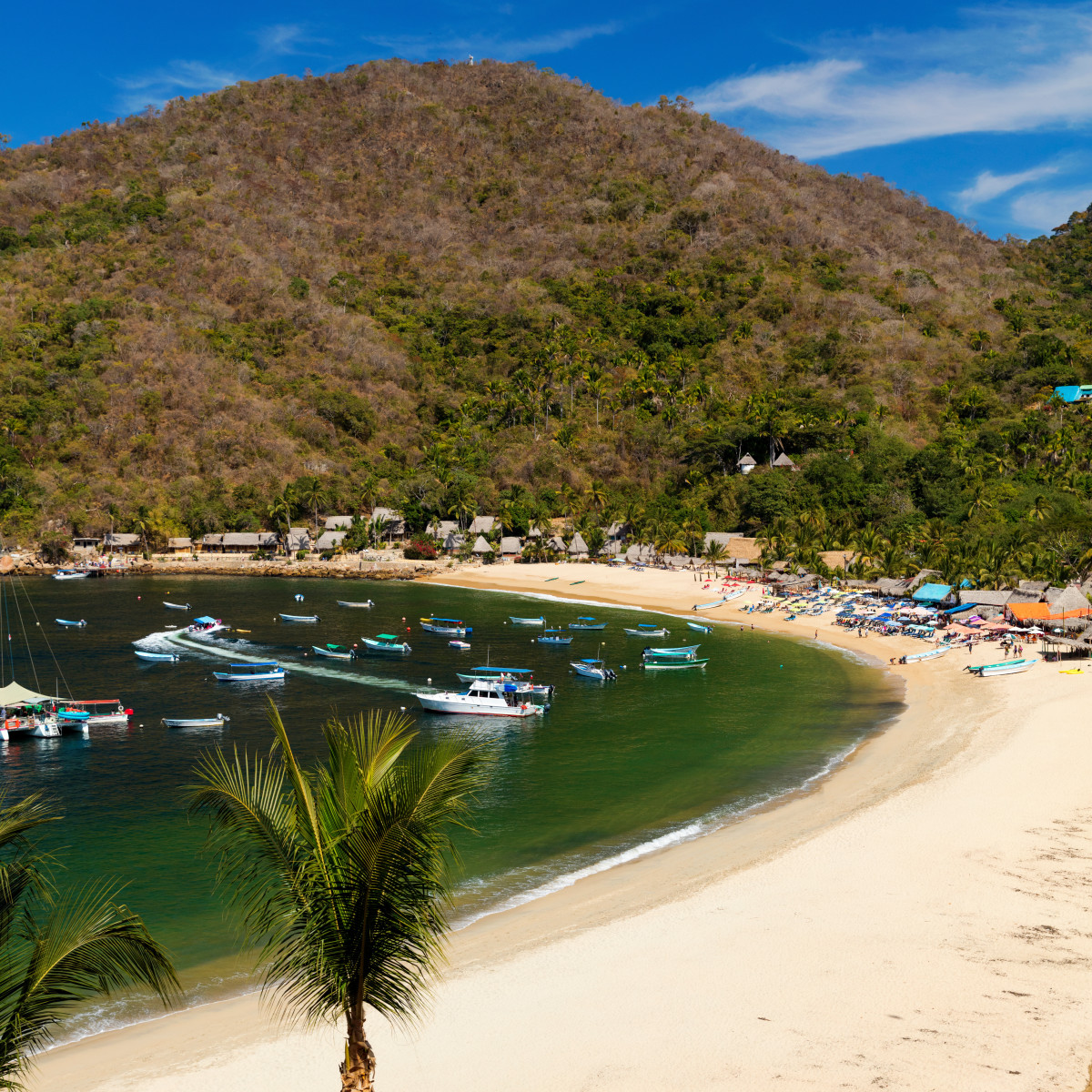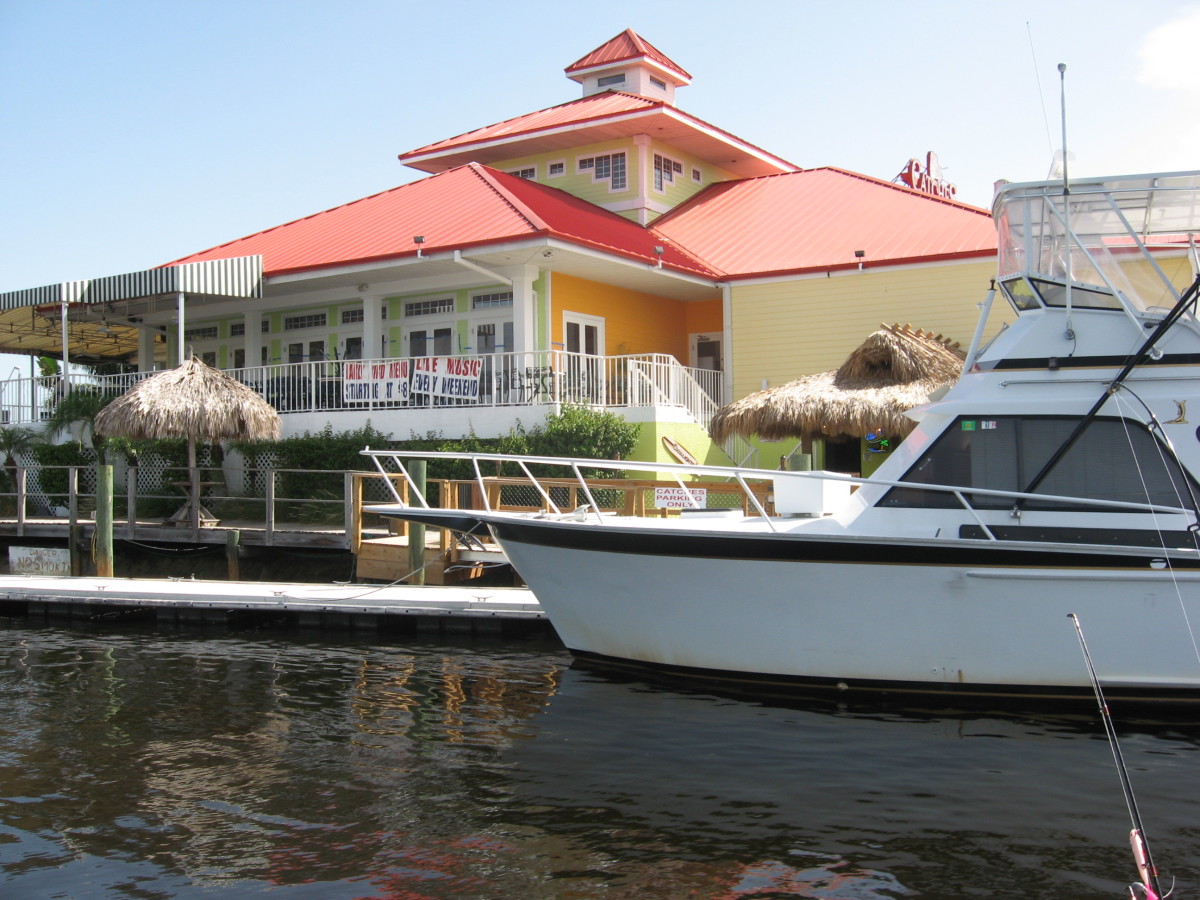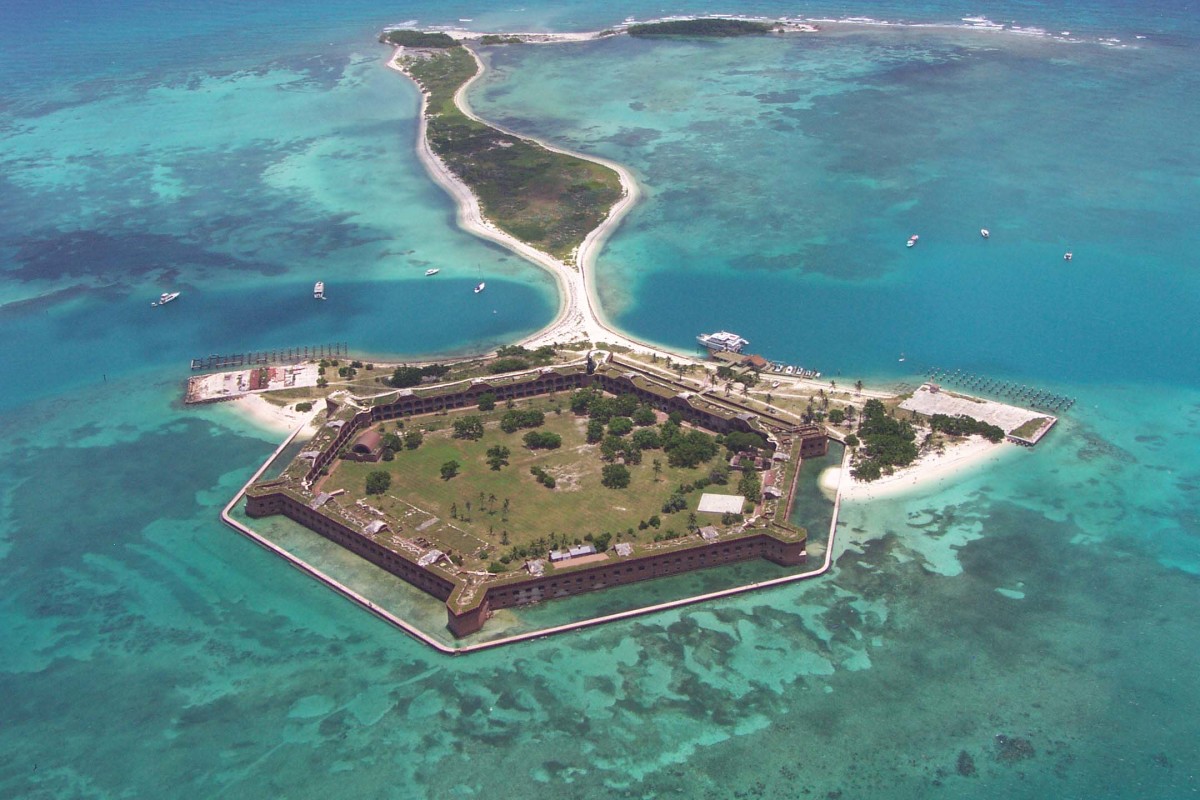- HubPages»
- Travel and Places»
- Visiting North America»
- United States
Living in the Land of Spring and Summer: Florida
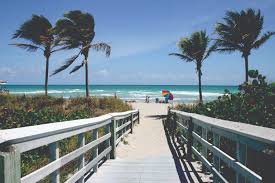
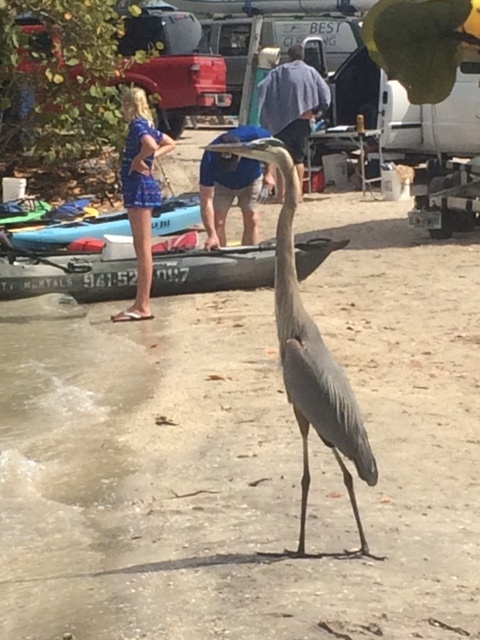

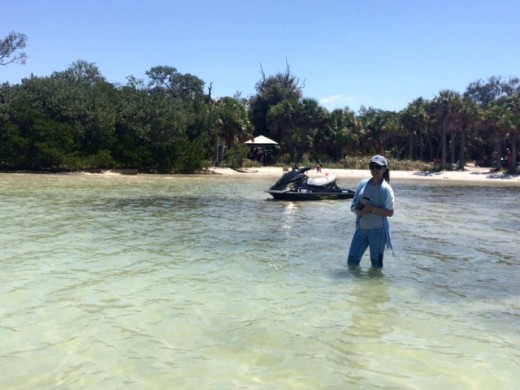
Thousands of people visit and move to one of America's tropical states (the other is Hawaii) and I was one from California, the so-called golden state, land of earthquakes and high cost of living. Like many transplants, the move was economics and desire for the tropical climate.
Where to Live?
Depending of your own preferences and needs, Florida offers the following:
- The Panhandle in the northern part of the state near Georgia etc. This area has a lot of pine trees and the climate is much cooler in the winter months and sometimes can get snow, this includes, Jacksonville. It does not have that tropical look of palm trees. It offers some very nice beaches.
- The Gulf side is the west coast of Florida. It is less populated than the east coast. Tampa is the major urban area of several million, but there is also St. Petersburg, Sarasota, Venice, Ft. Myers, Naples. The Gulf is usually a calmer ocean with less waves and is more shallow near many beach areas. The Gulf can sometimes get Red Tide, a natural occurrence.
- The Atlantic side is the east coast of the state and is much more heavily populated all down I-95. Miami is on this side of the state. It is a huge urban jungle with all the associated problems. So, if you do not want that, try the west coast or central sections.
- The Keys is an amazing place to see as you cross the ocean on a two lane road from island to island until the end at Key West is reached. This area is a bit dated and rundown with limited services and gas stations. The town of Key West is like a miniature of New Orleans in spirit and decor. At this point, you are 90 miles from Cuba.
- Central Florida is between the coastal areas and like all of Florida, it is flat or rolling hills. The big attraction site for theme parks is Orlando. They are all there. Ocala is known for ranches.
The Positive and Negative
As with anywhere, there is the good and bad, but even that is subjective. If you like hills or mountains to hike and bike or run through with woods, Florida has none. The best you can hope for are hills or flat areas along waterways, beaches, or through wooded parks. Living in Florida means you LOVE the ocean and beach. It means you LOVE tropical weather with near zero chance of snow. That said, it can become a bit boring due to the lack of variety.
Florida has no state income tax to file, but you still have to file federal taxes and pay local county taxes. The cost of living is generally lower than many others. Gas seldom hits $3 a gallon and usually is $2.50 or less. Food is not that different in costs but real estate is much lower. Utilities are also less, even in the summer heat, the electrical costs can be as low as $75, water is around $60. In the winter, this can drop to $50 for electricity due to less use of AC.
Climate
Florida has two seasons: Spring and Summer. Spring is winter. This means from mid-October to late May, most plants grow slower. It is much drier with hardly any rain. Between November-March, there are many cool nights dropping down to 50F and highs of 75F. It can be hotter or cooler during this time, but your AC use will drop significantly. You may not need AC much of the time. Things change starting in April-May, and is a real Spring. Humidity is usually 50-70%.
From June to October, it is summer. Rain or showers occur daily, usually in the afternoons. Rain can last a few minutes to 20 minutes, after which, that is it. It is also the hurricane season. In the summer, owning a convertible is not feasible due to the humidity and heat and threat of rain constantly. Most owners keep the top up. In the winter, that is when the tops are down. Humidity is usually 70-90% in the summer months.
Dangers
The most obvious danger in Florida are hurricanes and tropical storms with lightening. To lessen the hurricane threat, live on the Gulf or panhandle of the state, as these areas have less hurricanes. Living on the east coast is just begging for a hurricane. Perhaps the central parts are the most hurricane free. Peak hurricane season is usually from August to October, keep this in mind. Tropical storms with lightening and thunder are loud at times and hard to get use to if you are from a place with few of them. Stay out of the water when they arrive. Many people have been fried when a lightening bolt struck when they were in the ocean.
The other frequent danger are gators. These are sly and intriguing creatures that use stealth to catch prey. If there is a fresh water or low salt water area near your place or trail, keep an eye out for them sunning on the shore. These creatures are lightening fast and usually avoid confrontation with humans. When in the water, only their eyes and snout appear and from a distance seem to be a log. As a general rule, if there is a body of water, presume there is a gator in it. If you are walking near water at night, stay vigilant, especially with small dogs.
Florida does not have many tornadoes and almost no earthquakes. Flooding is common when monsoon rain happens within a few minutes, It is quite amazing when you first encounter it, so heavy, the car wipers are useless! Florida also has sinkholes, but this varies with geography.
Advice
Some things that may help you and are good to know:
- In the summer, when you leave your car, roll up the windows due to sudden isolated showers. If you have a convertible, raise the top.
- Isolated showers means that it may be sunny where you are, yet pouring rain at your destination, it is very hit and miss. Downpours in the summer can be like something you cannot believe, yet, within 10 minutes, it stops and the sun comes out!
- If you see a gator, keep at least 10 feet from it or more. Take your photos and keep your distance. Gators can run up to 25 mph and if you are being chased by one, run in a zig-zag manner. If you are in the water of a lake or pond, be scared.
- Get a Sun Pass for any possible toll roads and highways you may suddenly encounter in travel. I recently went to Orlando and used roads to bypass the mess there, they were all toll roads.
- If your on the beach and the weather turns stormy, stay out of the ocean. You can remain on the beach, though. Actually, the best time for the beach is when the weather is partly cloudy or cloudy. That is when the heat is much less especially in the summer months. During the winter months, the ocean temp drops to 65-70, while warm, it is much cooler than the 85F water in the summer. In the winter, the ocean is like a fresh water lake and much more refreshing than in the summer when it feels like a warm bathtub.
Itinerary
Most people visiting for a duration of time have a few options. They can fly into Orlando, home of nearly all the theme parks, rent a car, and explore the state. One can drive from Orlando to Key West in six hours time, or to Tampa (which has Busch Gardens theme park) or Clearwater Beach within 2.5 hours. Both are major urban areas. If driving to Miami, the drive is around 3-4 hours. If you fly into Tampa, Orlando is close, so many spend a day at theme parks and drive back. If you fly into Miami, again, you can reach many of the same destinations within 3-4 hours. Unlike Orlando, Tampa offers a variety of outdoor fun besides the beaches but this is also true all along the Gulf coast down to Naples.
If your goal are beaches, just know that beaches in Florida are all created equal for the most part. They are all nice, some do have the white sand (like Siesta Beach in Sarasota) but overall, the rule is, proximity to where you live or stay. Most of the beaches in the state do not have beaches lined with tall coconut palms (like you see in Hawaii or Tahiti) close to the water. Most just have sand dunes with some mixed palms at least 25 yards from the shore. The Miami area has a few more beaches with that real "tropical" look, as does, Key West. So, if you find a beach you are happy with and it is close, just go there.
Florida is like a cheaper taste of tropics. While it is not as scenic as Hawaii, Aruba, and others, the cost of living is WAY less and you are still on the mainland (not on an island). If you miss mountains, just go to Georgia or Tennessee for some beautiful vistas, they are close.

